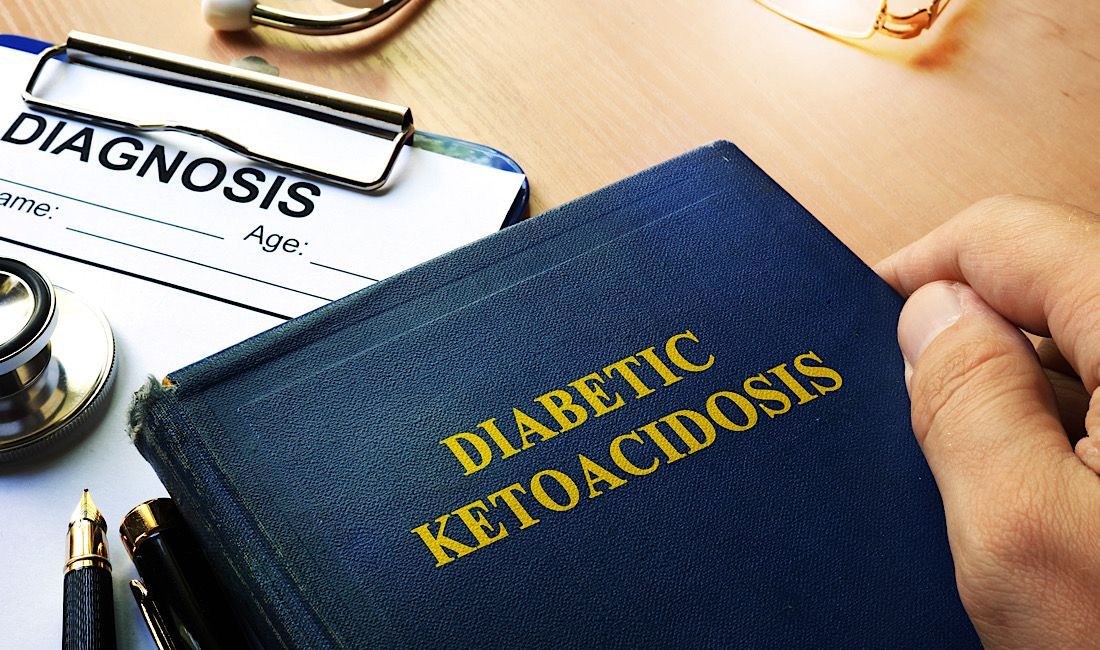The Legal Consequences of Failing to Diagnose Diabetes in Pennsylvania

In Pennsylvania, when medical professionals fail to diagnose diabetes, the consequences can be devastating—both medically and legally. Diabetes, a condition that affects over 1.5 million Pennsylvanians, is often manageable when detected early. However, a delayed or missed diagnosis can result in life-threatening complications such as diabetic ketoacidosis, kidney failure, stroke, or even death.
Within Pennsylvania’s legal framework, such diagnostic oversights may constitute medical malpractice if they lead to harm that could have been prevented with timely and appropriate care. This article highlights how Pennsylvania law addresses the issue of delayed diabetes diagnosis, the legal threshold for malpractice, and real-world case examples to illustrate how the courts view such claims.
Legal Criteria for Malpractice in Pennsylvania
Under Pennsylvania law, four legal elements must be proven for a malpractice claim involving misdiagnosed or undiagnosed diabetes:
Duty of Care: A physician-patient relationship must have existed.
Breach of Duty: The provider failed to act according to accepted medical standards.
Causation: The failure to diagnose directly caused harm to the patient.
Damages: The patient experienced measurable physical, emotional, or financial harm.
The MCARE Act (Medical Care Availability and Reduction of Error Act) governs medical liability claims in Pennsylvania. It mandates that a certificate of merit be filed within 60 days of the lawsuit, confirming that an appropriate medical professional believes the standard of care was breached.
Additionally, the state imposes a two-year statute of limitations for filing a claim. This period starts when the patient knew, or should have reasonably known, that malpractice occurred. However, exceptions exist for minors and under the state’s discovery rule.
Real-World Case Examples in Pennsylvania
Mcare Fund and a $2.6 Million Verdict: Missed Diabetes in Pregnancy
One of Pennsylvania’s most notable malpractice cases involving diabetes occurred in Lackawanna County in 2015. A jury awarded $2.6 million to the family of a woman whose gestational diabetes was not properly monitored or treated by her OB-GYN, resulting in the death of her newborn daughter during delivery. The lawsuit claimed that doctors failed to act on signs of elevated blood sugar levels during routine prenatal visits.
The case hinged on expert testimony that the attending physicians ignored multiple elevated glucose readings, which should have prompted additional testing and treatment. Instead, the patient was reassured, and no intervention occurred. The baby died of shoulder dystocia and birth asphyxia, both complications linked to unmanaged gestational diabetes.
This tragic case underscored the medical community’s duty to act on abnormal test results, especially during pregnancy when both maternal and fetal health are at stake.
Diabetic Ketoacidosis: A 16-Year-Old Girl’s Collapse
Another real-life malpractice case in western Pennsylvania involved a 16-year-old girl who visited a family clinic with complaints of extreme thirst, fatigue, and frequent urination. Her physician prescribed iron supplements and recommended more rest, dismissing the possibility of diabetes despite a family history and textbook symptoms.
Within a week, she collapsed at school and was rushed to the emergency room, where she was diagnosed with diabetic ketoacidosis (DKA)—a potentially fatal complication. The family later filed a malpractice lawsuit, alleging that the physician failed to order a simple blood glucose test that would have revealed the diagnosis.
Though the case settled confidentially out of court, it prompted internal policy changes within the healthcare provider's network, including mandatory diabetic screenings for patients presenting with polyuria, polydipsia, or unexplained fatigue.
Misreading Lab Results at a Pennsylvania Urgent Care
In 2020, a Bucks County man filed a claim against a regional urgent care center after his lab results showing blood sugar levels above 300 mg/dL went unflagged in his medical chart. Despite repeated visits for persistent infections and fatigue, he was never referred to a specialist or provided a formal diagnosis.
Three months later, he was admitted to Doylestown Hospital after experiencing blurred vision and confusion. He was diagnosed with Type 2 diabetes and early signs of nephropathy. His suit alleged that timely diagnosis could have preserved more of his kidney function and prevented the long-term complications he now faces.
While this case remains ongoing, it underscores the legal risks medical providers face when failing to adequately review or respond to lab work.
Pennsylvania’s Medical Standards: Legal and Ethical Responsibilities
In Pennsylvania, healthcare providers are held to both state-defined legal standards and national medical guidelines. The American Diabetes Association (ADA) recommends screening adults with a BMI ≥ 25 and at least one risk factor for diabetes (e.g., sedentary lifestyle, hypertension, family history). These standards are often cited by expert witnesses in litigation.
A failure to follow these guidelines—especially when warning signs are clear—can support a claim of negligence or deviation from the standard of care. In legal terms, deviation that leads to preventable harm gives rise to liability.
Compensable Damages in Misdiagnosis Cases
A plaintiff in a diabetes misdiagnosis case in Pennsylvania may seek compensation for:
Medical expenses: Hospitalization, medication, specialist visits
Lost income: Due to missed work or long-term disability
Pain and suffering: Physical and emotional distress
Loss of future earnings: Especially in cases of permanent impairment
Punitive damages: Awarded when the negligence was particularly reckless
Pennsylvania does not place a cap on compensatory damages but limits punitive damages to two times the amount of actual damages under the MCARE Act.
Securing Expert Legal Support
Medical malpractice law in Pennsylvania is complex and deeply evidence-based. Plaintiffs must rely on medical experts to validate their claims, and providers will often mount strong defenses involving their own expert witnesses and legal teams.
At Frischman & Rizza, we bring a legacy of trial success and compassionate advocacy to every case. We know how devastating a missed diagnosis can be—especially when early intervention could have prevented long-term damage.
If you or a loved one has suffered because of a misdiagnosed or undiagnosed diabetic condition, we are ready to assess your case. Our team will thoroughly review your records, consult with board-certified endocrinologists, and guide you through every legal step with confidence and care.
Find Out If You Have a Claim
Time is critical in medical malpractice cases. The sooner you consult an experienced attorney, the better your chances of preserving evidence and pursuing compensation.
Contact Frischman & Rizza today for a free, confidential consultation. Let us help you determine whether your case meets Pennsylvania’s legal standards for malpractice and what steps to take next.





